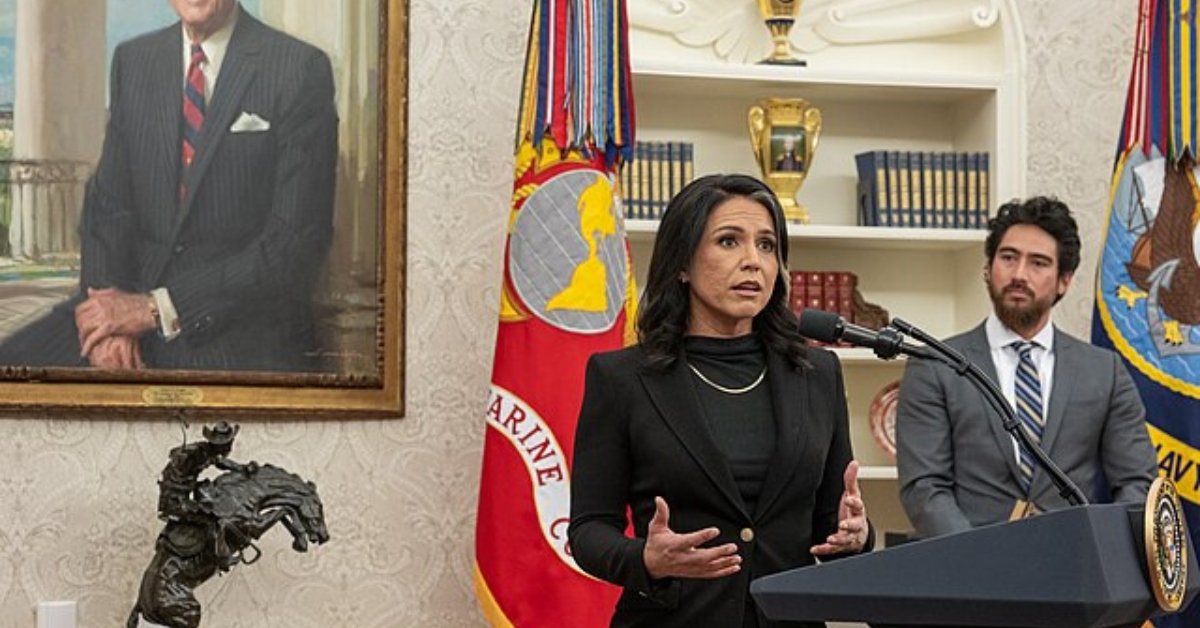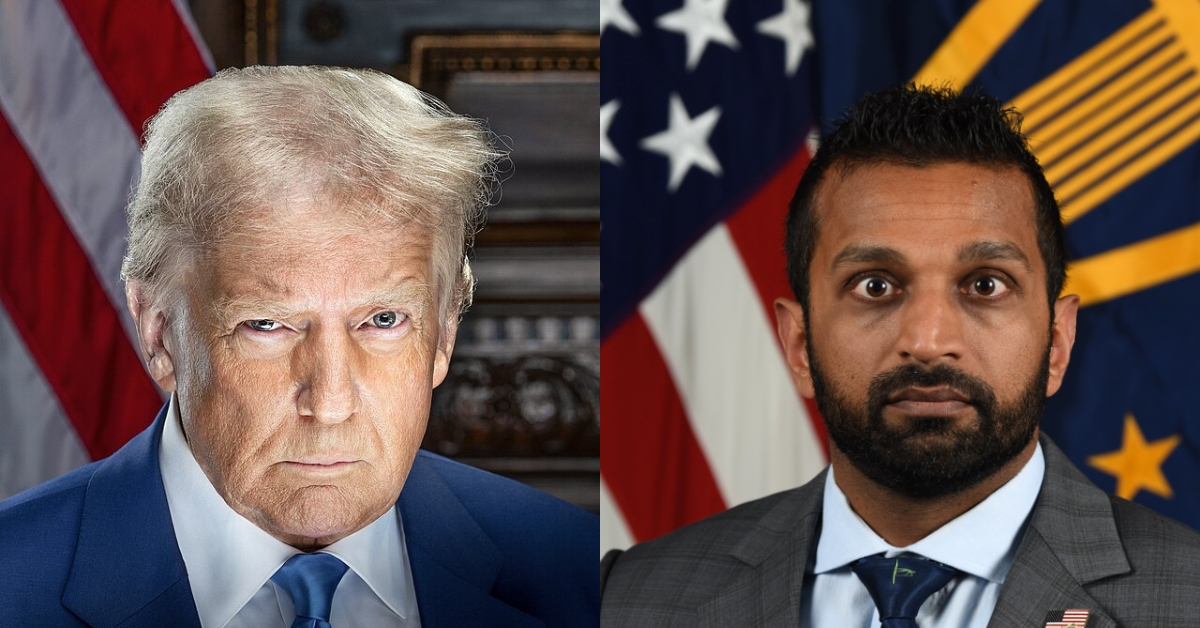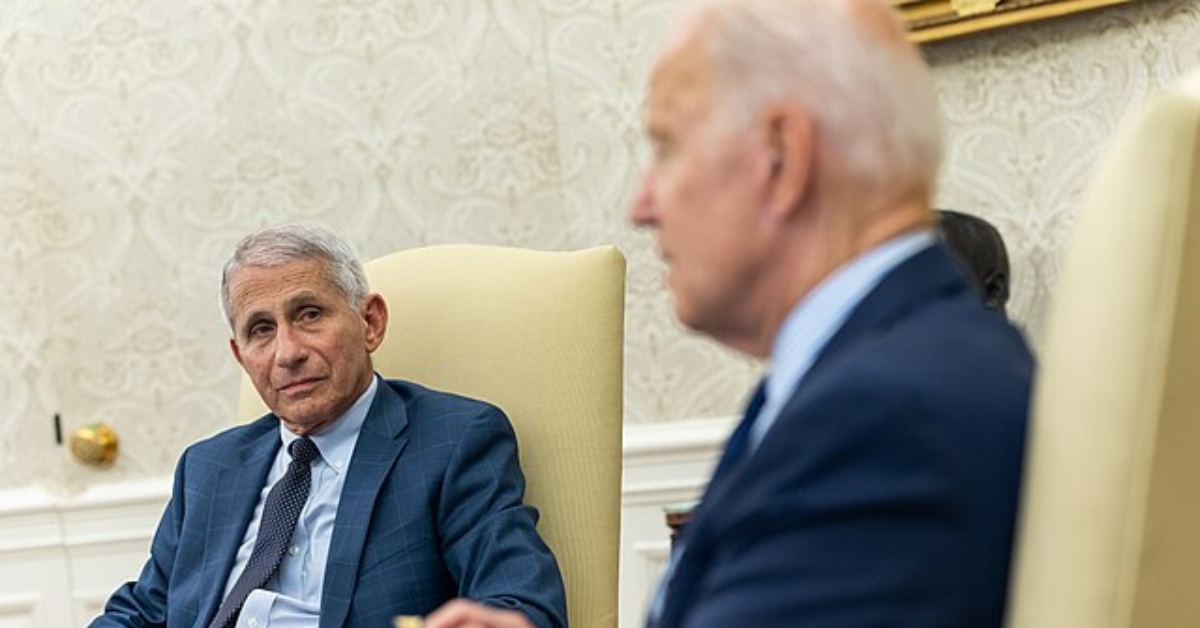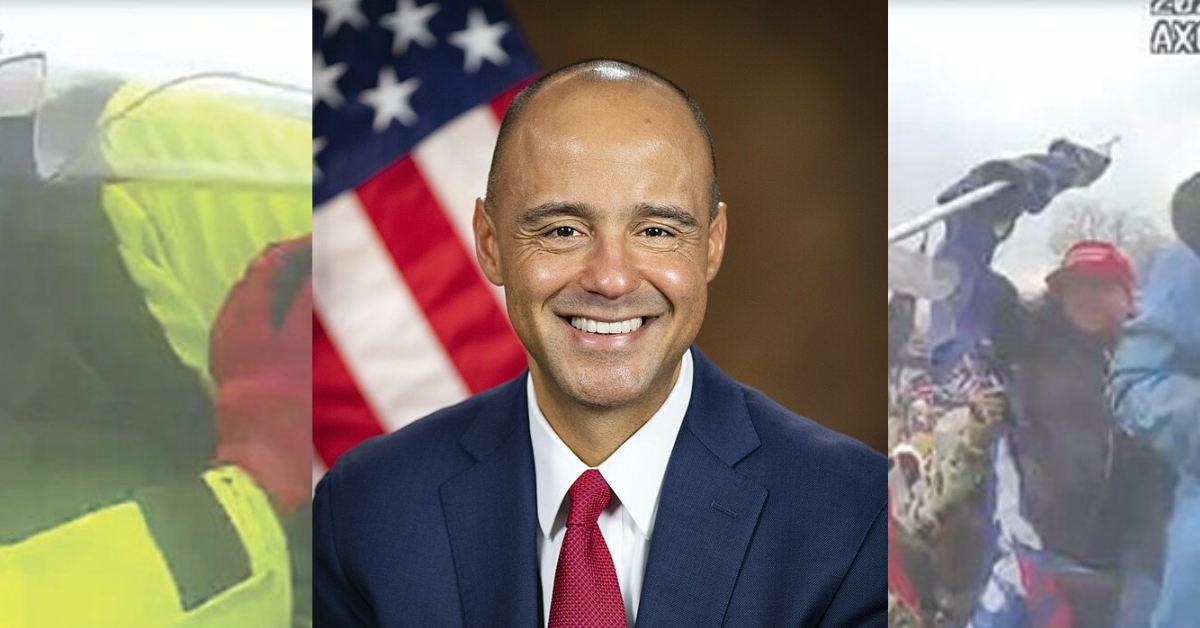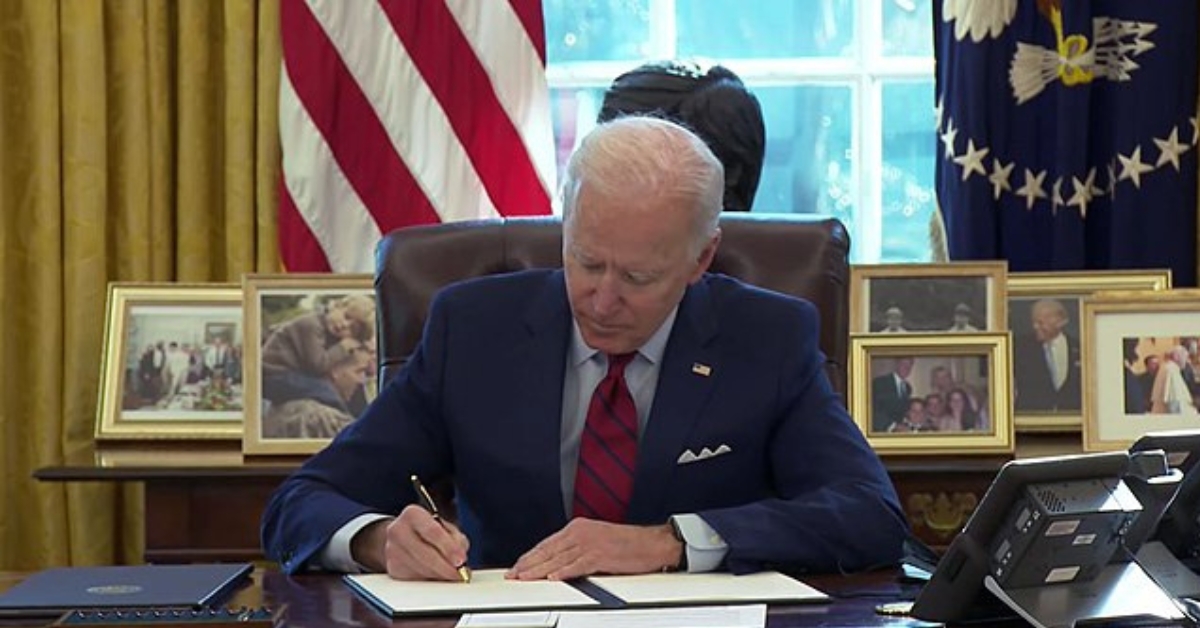
Judge Dismisses Trump’s Classified Documents Case
In a landmark ruling that underscores the ongoing struggle for clarity in our government’s structure, US District Court Judge Aileen Cannon has handed down a decision that resonates with the core principles of constitutional governance. She dismissed the case against former President Donald Trump concerning classified documents, deeming the appointment of Special Counsel Jack Smith to be unconstitutional. Judge Cannon’s reasoning is rooted deeply in the separation of powers doctrine, which serves as a bulwark against the overreach of executive power, maintaining that Smith’s role encroaches on legislative territory.
Judge Cannon’s decision asserts that the correct procedure for such an appointment—through Congressional direction and Senate confirmation—was bypassed, threatening the structural liberty that is foundational to our republic. This decision is not just about the specifics of this case but speaks to a broader concern about maintaining the integrity of our governmental framework.
Trump responded with characteristic vigor on Truth Social, viewing the dismissal as a vindication not only for himself but as a call to rally against what he perceives as the weaponization of the justice system. He frames these legal battles as partisan attacks aimed to undermine him politically, an assertion that resonates with many of his supporters who see these proceedings as symptomatic of a broader attempt to marginalize their voices.
The context of this ruling is crucial—it follows a series of contentious legal and political battles that have polarized the nation. It underscores a pervasive distrust in the institutions designed to impartially enforce our laws, suggesting a need for a reevaluation of how special counsels are appointed and operate, especially in politically charged cases. What’s particularly noteworthy here is that this ruling may set a precedent that could influence how future cases, particularly those involving high-profile figures, are handled.
As the DOJ likely appeals this decision, we stand at a critical juncture that will test the resilience of our legal frameworks and the commitment to our constitutional principles. This isn’t just about one man or one case; it’s a litmus test for the health of our democratic institutions. The scrutiny and debate it generates will be telling, as we navigate the delicate balance between upholding security and preserving liberty. This is a clarion call for a return to first principles—transparency, accountability, and adherence to the Constitution must be the cornerstones as we move forward.
